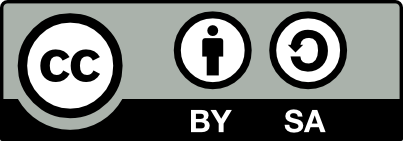Adaptation of the E-Learning Exercise Creator to the Needs of People with Disabilities with Impaired Access to Education
Artykuł w czasopiśmie
MNiSW
100
Lista 2023
| Status: | |
| Autorzy: | Dziedzic Krzysztof, Barszcz Marcin, Wiśniewski Tomasz |
| Dyscypliny: | |
| Aby zobaczyć szczegóły należy się zalogować. | |
| Rok wydania: | 2023 |
| Wersja dokumentu: | Elektroniczna |
| Język: | angielski |
| Numer czasopisma: | 2 |
| Wolumen/Tom: | 9 |
| Strony: | 1 - 25 |
| Bazy: | ERIH PLUS | DOAJ | CEEOL | JIFACTOR.ORG | CEJSH | BazHum | CEON ERIC | MIAR OAJI |
| Efekt badań statutowych | NIE |
| Materiał konferencyjny: | NIE |
| Publikacja OA: | TAK |
| Licencja: | |
| Sposób udostępnienia: | Witryna wydawcy |
| Wersja tekstu: | Ostateczna wersja opublikowana |
| Czas opublikowania: | W momencie opublikowania |
| Data opublikowania w OA: | 26 stycznia 2024 |
| Abstrakty: | angielski |
| This article focuses on the implementation of the WCAG (Web Content Accessibility Guidelines) 2.1 guidelines into e-learning courses. The Quizer e-learning platform, which enables the creation of interactive multimedia courses, hasnprovided the basis for the introduction of the WCAG component. The platform includes two basic tools: an exercise creator and an exercise presenter. Once the Quizer Platform Exercise Wizard was analysed, a component was conceptualised and implemented to create e-learning courses compliant with WCAG guidelines and dedicated to people with disabilities. The technology for the implementation of this component was also presented. The function and validity of navigation through the courses using the keyboard and the use of screen readers were discussed as well. The research on the correctness of the WCAG standard implementation into e-learning courses was conducted with the use of designed cyber security quizzes. The final results of quizzes prepared according to WCAG guidelines and without WCAG were also compared. The research involved students majoring in computer science at Lublin University of Technology. Its results indicate the validity of using the WCAG guidelines in the design of educational content for students with disabilities and equalizing their educational opportunities. |

